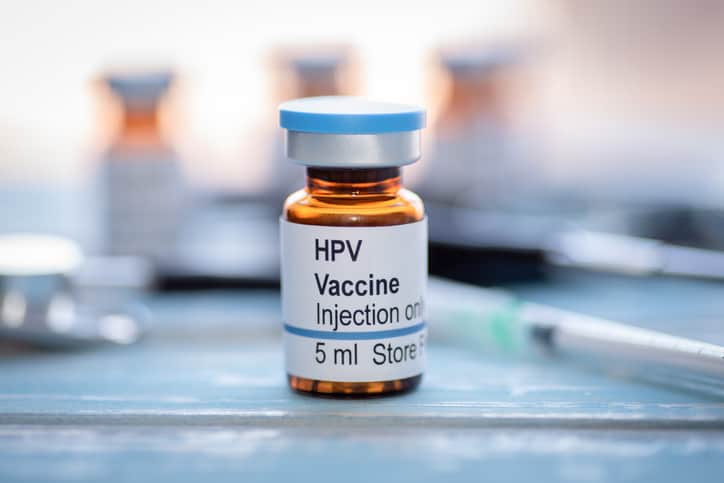One of the most successful vaccines in recent history is the HPV vaccine, protecting children from the human papillomavirus, which causes a variety of cancers. Since the advent of the vaccine, HPV infections that cause most HPV cancers have dropped by 88% among teen girls and 81% among young adult women. Cervical precancers caused by HPV most often linked to cervical cancers have now been reduced by 40%.
The science is astonishingly clear: the HPV vaccine prevents infections that cause cancer. Many parents of adolescents and teens do have questions about this vaccine, and Alzein Pediatrics is here with answers.
What is HPV?
Human papillomavirus is a group of more than 150 related viruses that infect both females and males. These common viruses infect about 13 million people each year, including teens. The virus is so common, about 8 out of 10 people will get it at some point in their lives. Most people don’t know when they’re infected. Most HPV infections go away on their own but we don’t know which infections will turn into cancer. There is no cure or treatment for HPV infections, but the vaccine can help prevent infection in the first place.
What kinds of cancer does an HPV infection cause?
HPV is estimated to cause about 36,500 cases of cancer each year in the United States. Nearly all cases of cervical cancer and anal cancer are caused by HPV. HPV can cause cancer of the vagina, vulva and penis. 70% of throat cancer cases are caused by HPV.
How would my child contract this?
HPV is transmitted through intimate touching and sexual intercourse. Nearly everyone who will be sexually active at some point in life will contract at least one type of the 150 strains of HPV. Up to 80% of people will test positive for HPV within 3 years of becoming sexually active.
Research shows that teens who get the HPV vaccine are no more likely to engage in sexual activity as teens who don’t.
Can’t you tell when someone has an active infection and just wear a condom?
Most often, there are no symptoms of HPV infections. HPV is transmitted through skin-to-skin contact and condoms don’t cover all the areas that can be infected. When your child is married, it’s very unlikely that they will use a condom.
Is the vaccine safe?
Yes! Your child will be protected against cancer and there is no evidence that the HPV vaccine affects their reproductive health. Researchers have followed vaccinated people for over a decade and protection against HPV remains robust, with no evidence of a decrease over the years.
When should my child get this vaccination?
Get your child vaccinated against HPV well before they are sexually active. Ideally, your daughters and sons should be vaccinated between their 11th and 12th birthdays, needing two doses about six months apart. Waiting until your child is over 15 means they’ll need three doses.The HPV vaccine series can be given all the way up until their 26th birthday, but is not considered effective after that.
If your child is 11 years old, make an appointment for their first HPV vaccine. If you’re not sure if your child has received the vaccine, you can check their records in their patient portal. Call our office at 708-424-7600 if you need any help or still have questions.


